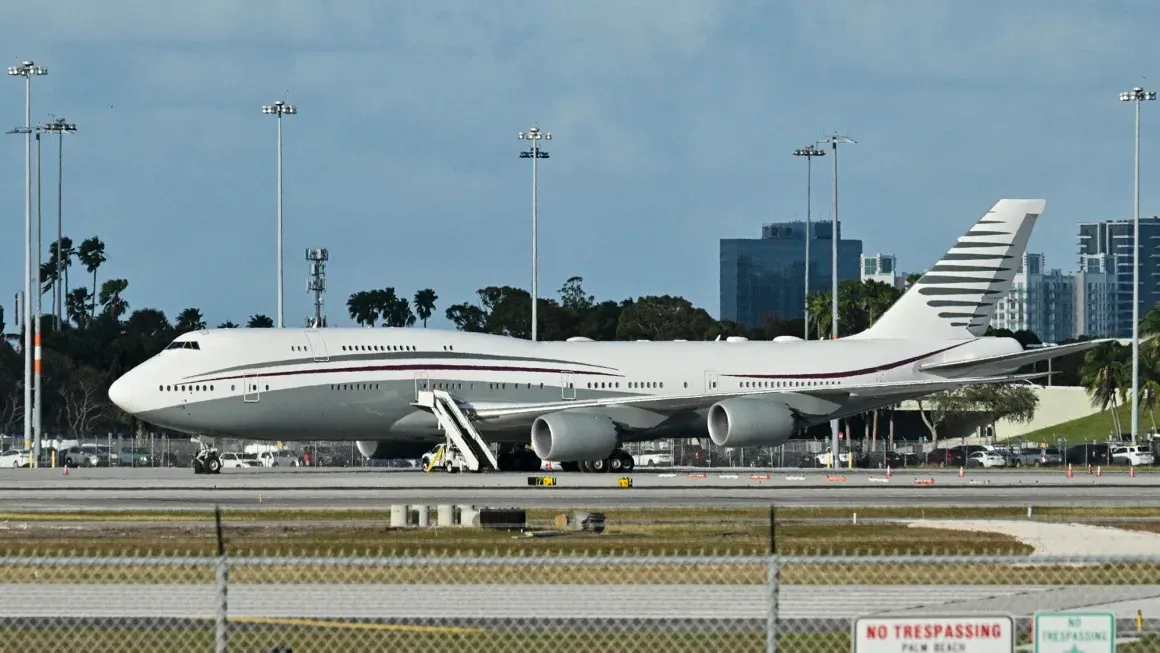NJ Transit Engineers Strike Disrupts Commutes for Thousands
By: Ark-La-Tex Staff Writer
In May 2025, the U.S. Department of Defense formally accepted a Boeing 747-8 aircraft donated by Qatar's Ministry of Defense. The aircraft, valued at approximately $400 million, is intended to serve as a temporary replacement for Air Force One due to delays in Boeing's delivery of new presidential aircraft.
The plane requires extensive modifications to meet the stringent security and communication standards necessary for presidential transport. These retrofitting efforts, which include advanced defense systems and secure communication technology, are expected to cost over $1 billion and could take several years to complete.
The acceptance of the aircraft has prompted discussions regarding the U.S. Constitution's Foreign Emoluments Clause, which prohibits federal officials from receiving gifts from foreign states without congressional approval. To address these concerns, the gift was made to the Department of Defense rather than directly to President Trump.
President Trump has stated that the aircraft will be donated to his presidential library after his term. Critics have raised questions about the ethical and security implications of accepting such a gift, while supporters view it as a pragmatic solution to the delays in the Air Force One replacement program.
The aircraft, known for its luxurious interior, was previously owned by a Middle Eastern businessman and features amenities such as a bedroom, dining areas, and private offices. It is currently undergoing evaluations and modifications to prepare it for presidential use.
Historical Context
While the U.S. has engaged in significant arms sales and military aid agreements with foreign nations, such as the Lend-Lease program during World War II and the sale of AWACS aircraft to Saudi Arabia in the 1980s, the acceptance of a high-value aircraft as a gift from a foreign government for presidential use is unprecedented in modern U.S. history.
Historically, U.S. officials have been cautious about accepting gifts from foreign governments to avoid conflicts with the Emoluments Clause. For instance, in the 19th century, Presidents Andrew Jackson and Martin Van Buren sought congressional approval to keep gifts from foreign dignitaries, with Congress often requiring such gifts to be deposited with the government.
The current situation with the Qatari aircraft is notable for its scale and the direct involvement of a foreign government in providing a platform intended for presidential use. This has led to ongoing debates about the appropriateness and legality of the gift, as well as its implications for national security and diplomatic relations.
